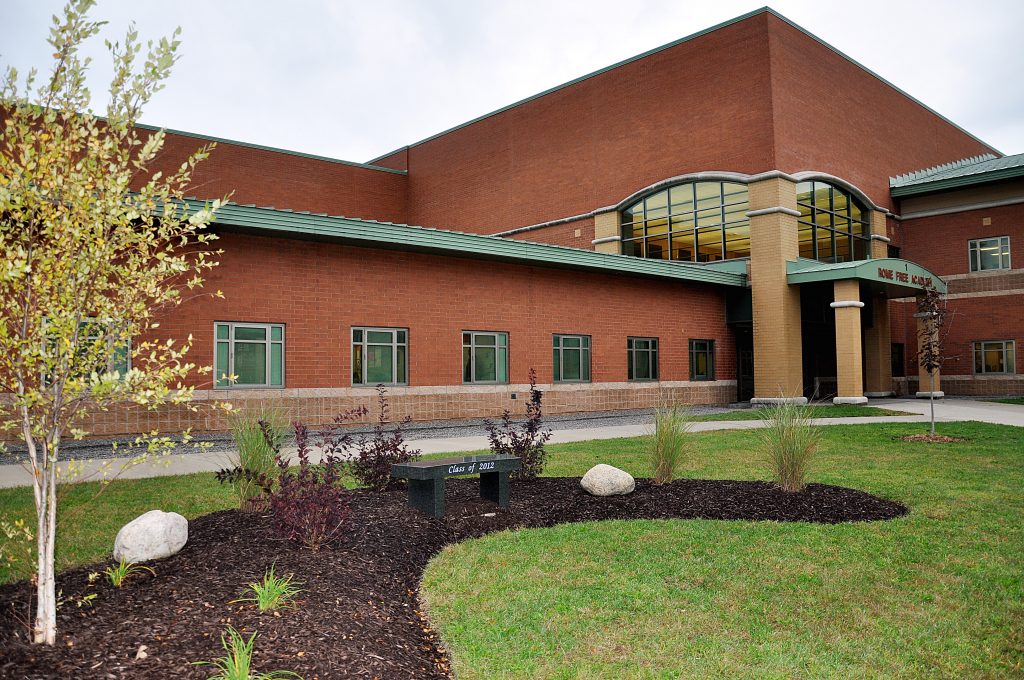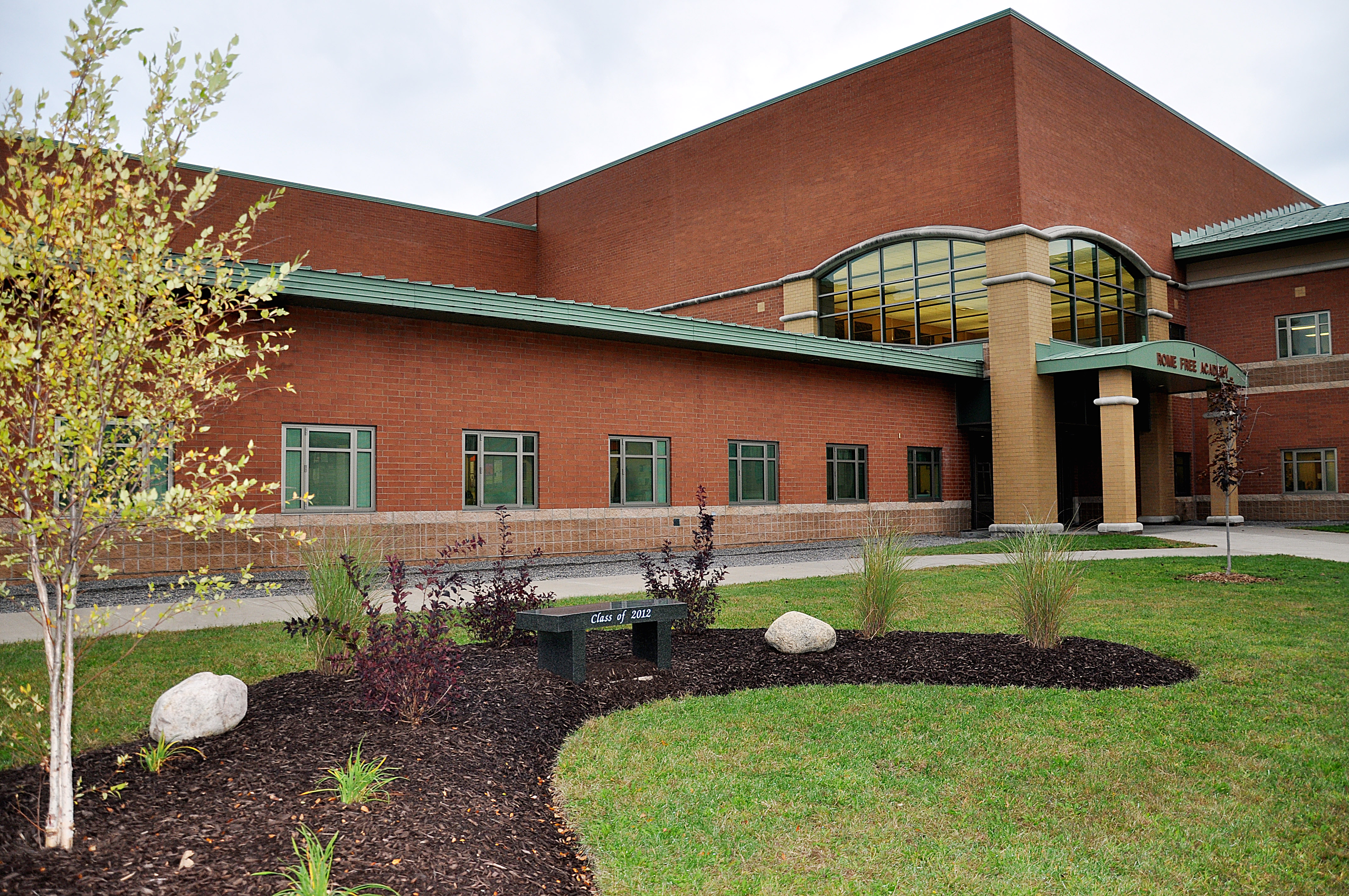Rome NY school district approves school security contract

Rome NY April 13 2020
While schools are closed for at least another three weeks due to COVID-19 concerns, Board of Education members evoked speech and debate lessons before narrowly approving a new agreement for school security officers (SSOs).
A three-year agreement for SSOs, who are retired police officers and armed, was approved at the board’s remote online meeting last week in a 5-3 vote with one abstention following a debate of over 20 minutes; topics included differing opinions about SSOs wearing police uniforms in schools.
The approval came after the board voted 5-4 against a motion to table the resolution for further review. The agreement with the City of Rome, expanding on a previous SSO agreement reached in 2018, calls for up to seven SSOs on a given day, including five in elementary schools, one at Strough Middle School, and one at Rome Free Academy. They would be paid $210 per day per officer assigned. The agreement covers the upcoming 2020-21, 2021-22 and 2022-23 school years, starting on the first academic day of each school year.
Separately from SSOs, the board voted unanimously to approve a new three-year agreement with the city to continue providing school resource officers (SROs). The SROs are active uniformed police officers on duty. Included are two SROs at Rome Free Academy and one at Strough. The cost is $192,000 for 2020-21; $196,000 for 2021-22; and $200,000 for 2022-23.
For the heavily discussed and debated SSO agreement, meanwhile, some board members who voted against it emphasized they were not opposed to the SSOs’ presence in schools but would like to modify their uniforms if possible. Some members commented that while there have been no specific objections in schools regarding SSOs in police uniforms, there could be some concerns.
Board member Jonathan Matwijec-Walda said “I do worry” and referred to “feelings of discomfort around police
officers” that “some students will have.” He later said he was “echoing sentiments” he has heard in the public, including some groups in the community. He suggested that perhaps uniforms something like those used by the police Community Impact Unit could be used; they included more casual bright blue attire.
Board member Tanya Davis said “I totally advocate” for the SSO services. But she added she does not advocate for not having “adequate time to make a decision” including to further address the matter of uniforms. District Superintendent Peter C. Blake noted a timing consideration regarding police notifications for officers who may be retiring.
Davis, Matwejic-Walda and Leigh Loughran voted against the SSO agreement while board President Stephen P. Hampe abstained. Those four voted in favor of the resolution to table it which was defeated. Hampe said earlier in the discussion that he had reservations about adding more armed officers in schools especially at the elementary level, but also recognized the need to supplement schools’ in-house security staff for which some positions have been difficult to fill. He wondered whether the district could seek to at least “soften” the uniforms.
Voting against the tabling and for approval of the SSO agreement were Paul Fitzpatrick, Paul Hagerty, Lisa Herbowy, John Leonard, and Joseph Mellace. Among their comments, Mellace asked why there should not be efforts to “desensitize” students regarding uniformed officers. Leonard said having SSOs in uniform can help students to not automatically be “afraid of police,” and see that they are “nice people.”
In addition, Hagerty said having uniformed officers can “serve a purpose” for students as well as adults in the area, regarding a “security standpoint.” Fitzpatrick said the district could offer suggestions, but added he did not see anything in the agreement language to specify “which uniform they should be wearing.” He added SSOs “should be able to decide what uniform” to use. Herbowy agreed, and later said she was concerned that if the agreement were delayed over the issue with objections from the city, the district might wind up with “no SSOs.”
Blake said he would prefer that officers not be in uniform, which he feels could “build relationships better with students and staff.” But he said the police department’s position has been that the uniform helps build positive relationships including having students see officers as not necessarily confrontational just because they are in uniform. The department also feels it helps officers “access the tools they need” and be able to “do the job in full uniform,” he added.
After the vote, Blake was asked by the board to contact the city regarding a possible modification in the SSO uniforms. He said he would reach out to the police chief and mayor.
Rome Sentinel




